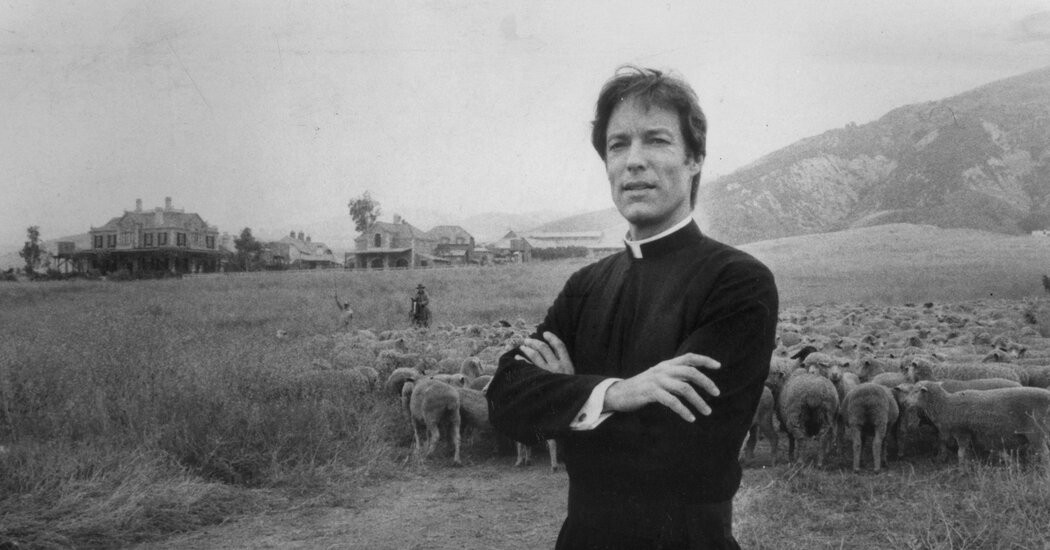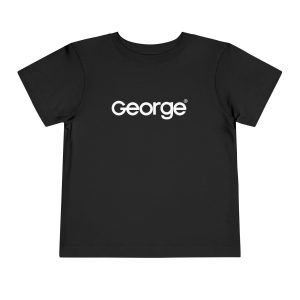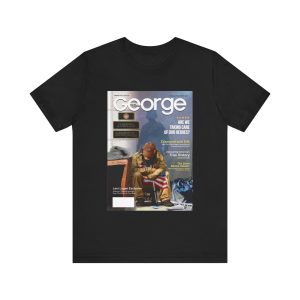

The actor, who died at 90, was the most compelling face of a maximalist, soapy television era.
When mini-series ruled prime time, their maxi-est star was Richard Chamberlain.
Today we call them “limited series.” But in their 20th-century heyday, under another inapt diminutive, mini-series were the megafauna of TV, lavish events that achieved the kind of cinematic spectacle that was otherwise rare in living-room entertainment of the time. They were TV specials that made TV special.
In the 1970s and 1980s, a number of mini-series — “Roots,” “The Winds of War,” “Lonesome Dove” — dominated the conversation and minted stars. But perhaps no other actor is more closely associated with the genre than Chamberlain, who died on Saturday at 90, because of his star-making, swoon-worthy, emotive roles in “Shogun” and “The Thorn Birds.”
I was young when Chamberlain’s mini-series aired, and “Dr. Kildare,” the 1960s medical series that established him as a heartthrob, was before my time. But his landmark roles helped form my ideas of what TV could do, and what a TV star was.
His mini-series were luxury liners and time machines, whisking audiences to other lands and ages in a way that workaday series couldn’t. In “Shogun,” Chamberlain played John Blackthorne, an English navigator taken prisoner in feudal Japan; in the melodrama “The Thorn Birds,” his priest, Father Ralph de Bricassart, wrestled with his forbidden love for a young woman from an Australian sheep ranching family.
Locations and budgets helped shape the experience, of course, but so did Chamberlain’s screen presence. A Shakespearean actor in between TV roles, he was able to make the manners of decades or centuries before feel warm-blooded and lived-in. He was dignified enough to carry the stories’ grandeur, expressive enough to put them over as the finest grade of pulp.
Though he was a signature star of the 1980s, Chamberlain’s appeal was in a way a holdover of the 1960s and 1970s. He was emotive, with fine features that made a beautiful canvas for fervor and anguish and longing. He could rage and burst with passion, but his appeal was a different mold from the kind of beefy masculinity that would define the 1980s screen celebrity of Stallone and Schwarzenegger.



